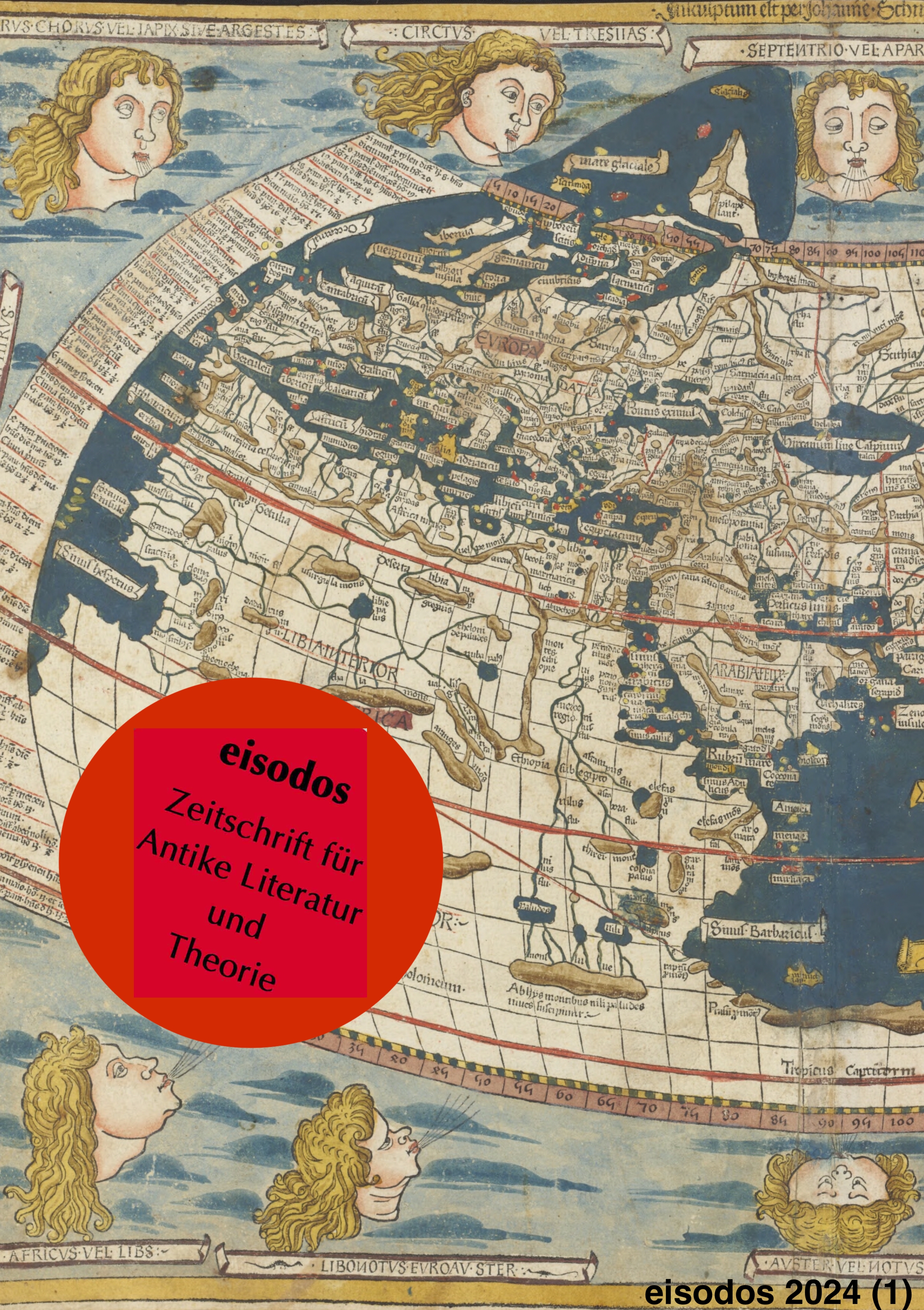Auch in Globalgeschichten interessant
Griechische und lateinische Kulturen
Schlagwörter:
Globalgeschichte, Altertumswissenschaften, EuropaAbstract
Interview mit Dag Nikolaus Hasse, Professor für die Geschichte der Philosophie an der Julius-Maximilians-Universität Würzburg. Hasses Forschungsschwerpunkte umfassen u.a. die arabische Philosophie- und Wissenschaftsgeschichte und die Rezeption arabischer Gelehrsamkeit im europäischen Mittelalter und der frühen Neuzeit, wozu er vielseitig publiziert hat. Dem Interview in eisodos liegt der Essay „Was ist europäisch? Zur Überwindung kolonialer und romantischer Denkformen“ (2021) zugrunde, der für ein breites Publikum u.a. die griechisch-römische Blickverengung im europäischen Selbstverständnis kritisch hinterfragt und neue Perspektiven für ein breiteres Antikenverständnis und einen offeneren Europabegriff aufzeigt, womit Professor Hasse eine bedeutsame Anregung für unsere Reflexion über das, was wir als ‚klassische Antike‘ verstehen würden, liefert.
Downloads
Veröffentlicht
Ausgabe
Rubrik
Lizenz
Copyright (c) 2024 Prof. Dr. Dag Nikolaus Hasse; Bettina Bohle

Dieses Werk steht unter der Lizenz Creative Commons Namensnennung 3.0 International.
Autorinnen und Autoren, die in eisodos einen Beitrag veröffentlichen, bleiben in Besitz des Copyrights, garantieren aber eisodos das Recht auf Erstpublikation. Mit der Publikation wird der Artikel einer Creative Commons Attribution License (CC BY) unterstellt, die es erlaubt, den Artikel unter vollständiger Nennung der bibliographischen Angaben (Nennung von Autorname und Erstpublikation in eisodos) mit anderen zu teilen.
Es steht den Autorinnen und Autoren frei, ihren Beitrag außerdem in anderen Medien (bspw. auf der universitären Homepage oder als Kapitel in einem Buch) in nicht-exklusiver Weise und unter Nennung der Erstpublikation in eisodos zu veröffentlichen.
Autorinnen und Autoren werden ausdrücklich dazu ermuntert, ihren Beitrag vor und während der Veröffentlichung in eisodos online zu diskutieren (bspw. auf ihrer eigenen oder der universitären Homepage). Dies führt zu produktivem Austausch und zu früherer Kenntnisname und Verwendung des im Anschluss daran in eisodos veröffentlichten Beitrags sowie der Verweisung auf ihn.


